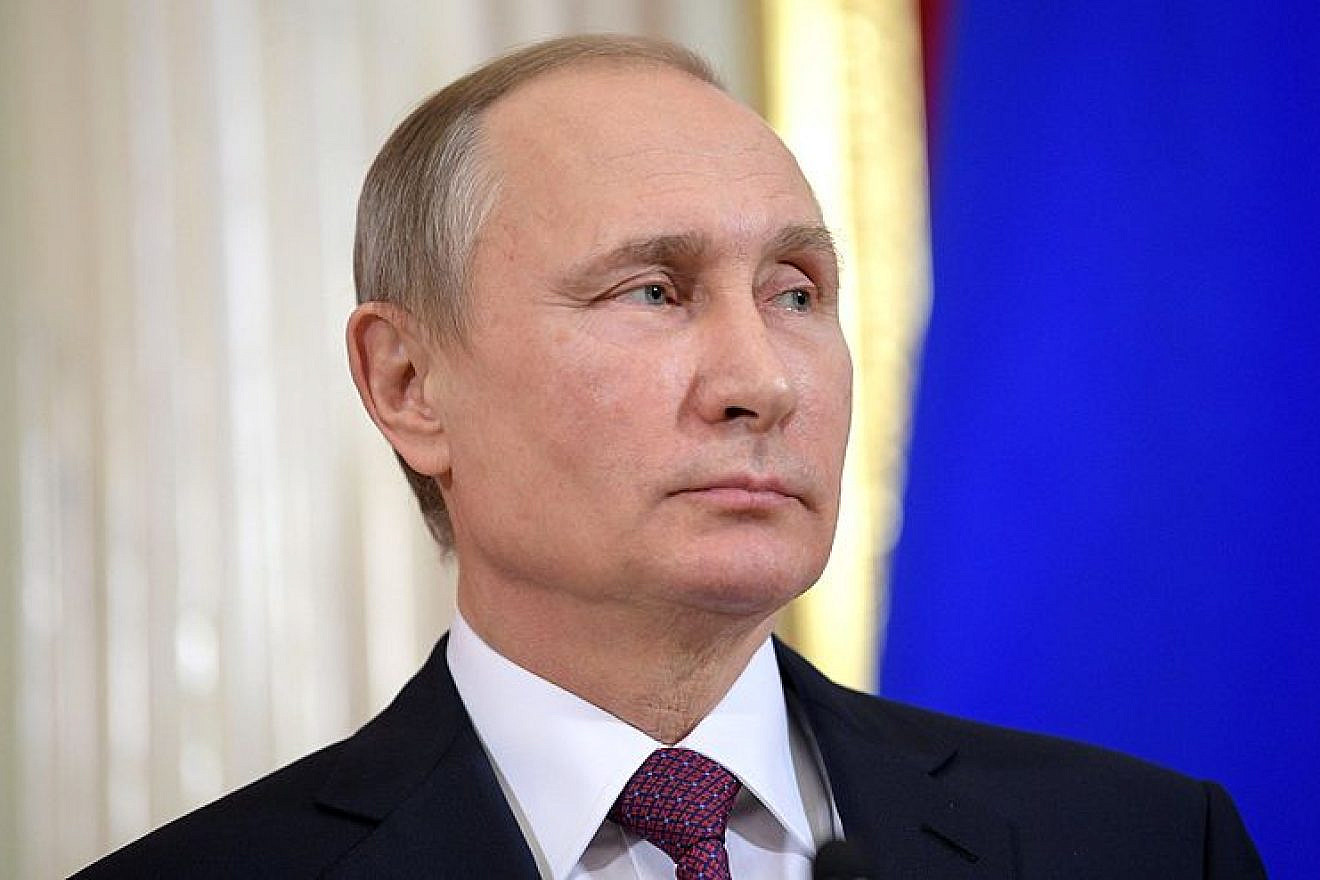The ostensible coup launched by Wagner Group leader Yevgeny Prigozhin last month has led to debate over whether he exposed a vulnerability in Russian President Vladimir Putin’s bulwark. But despite speculation of Putin’s imminent downfall, the incident seems to have had little impact, and what was first seen as a botched insurrection now seems like a carefully orchestrated event.
Russia’s General Sergei Surovikin, commander-in-chief of the Russian Aerospace Forces and deputy commander of Russia’s forces in Ukraine, has not been seen in public since the Wagner event, indicating that Putin has exercised his authority and remains in control.
It is possible that this situation presents an opportunity for both Putin and Prigozhin to de-escalate tensions and climb down from their respective trees. Israel, conceivably concerned about potential dramatic shifts within the Kremlin and their impact on Israel-Russia relations, currently has no immediate cause for alarm, according to experts who spoke with JNS.
Dr. Ze’ev Khanin, from the department of political science at Bar-Ilan University, told JNS that even after Prigozhin’s exile to Belarus and despite Putin’s seemingly weakened image, “nothing will change.”
Israel, as part of the western camp, “supports Ukraine diplomatically,” while it remains interested in “some sort of coordination with Moscow,” he said.
The onset of Russia’s war against Ukraine in February 2022 presented Israel with a challenging predicament, and the Jewish state found itself in a delicate balancing act, striving to maintain relationships with both countries while avoiding actions that could harm either party.
Israel relies heavily on Russian cooperation and coordination as Israeli military and intelligence units fight Iranian interests in Syria. To prevent accidental clashes between their armed forces in Syria, Israel and Russia maintain a military coordination mechanism there. This system helps deconflict their respective military operations and ensures the safety of Israeli aircraft operating in the region.
Israel has been adamant about its non-interference in internal Russian affairs, clearly stating its intentions not to meddle in Russia’s domestic matters. Israel’s position emphasizes its respect for Russia’s sovereignty and its commitment to maintaining a respectful relationship.
Maintaining a delicate balance between its regional interests and navigating its relationship with both Russia and Ukraine remains an ongoing challenge for Israel.
Ukraine has pressed Israel for more support, including its Iron Dome air-defense system. However, Israel has thus far been reluctant to transfer defense systems to Ukraine.
In a recent interview with the Wall Street Journal, Israeli Prime Minister Benjamin Netanyahu suggested that if these systems were to fall into the possession of Russian forces, the close ties between Russia and Iran could result in the equipment eventually coming under Tehran’s control.
Khanin expressed Israel’s strong interest in maintaining a channel of coordination or, at the very least, communication with Russia. Israel holds hope that through this connection, it can potentially influence the developing ties between Moscow and Tehran. One of Israel’s key objectives is to impede the flow of technology between these two nations.
Still, Kyiv seeks to exert its influence on Israeli policy toward Ukraine through its embassy in Israel. It aims to shape Israel’s stance and actions regarding Ukraine in a manner favorable to its own national interests.
According to Khanin, while Iron Dome has proven effective in Israel, Ukraine requires additional measures to bolster its defensive capabilities against potential threats.
John Hardie, deputy director of the Russia Program at the Foundation for Defense of Democracies, told JNS, “Israel is in the unenviable position of having its policy toward Russia and Ukraine criticized by both Moscow and particularly Kyiv.”
He said that if Netanyahu goes through with a visit to Kyiv, we can expect to see Russia retaliate in any number of ways, including at the political/diplomatic level, such as a rebuke from the Russian Foreign Ministry, criticism of Israeli policy toward the Palestinians and maybe a Hamas visit to Moscow, among other reactions.
“That said,” Hardie continued, “Moscow appreciates that Israel is refraining from sending lethal military aid to Ukraine. So long as that remains the case, I don’t expect Russia’s stance toward Israeli airstrikes in Syria to change.”
He added that even if Israel were to send lethal aid to Kyiv, he is “skeptical” that Russia would go as far as to shoot down Israeli aircraft.


























